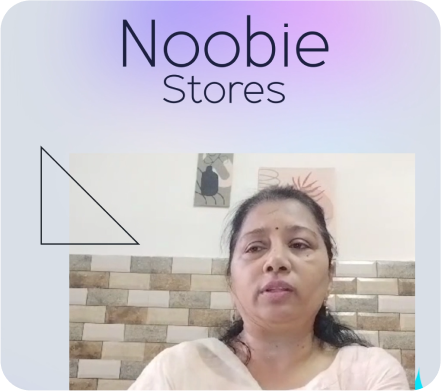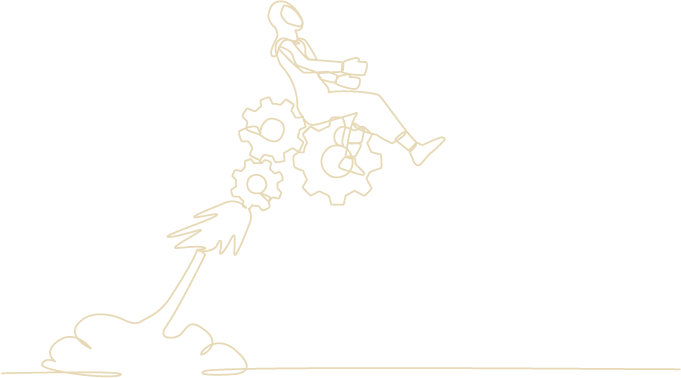






Micro, Small, and Medium Enterprises (MSMEs) are the backbone of any economy, contributing significantly to employment, GDP, and innovation. However, MSMEs face numerous challenges, ranging from access to finance and markets to capacity building and regulatory support.
The Micro, Small and Medium Enterprises (MSMEs) sector in India has become a vibrant sector in the last few decades. There are 63.4 million MSME units in the country. Of these, 99% are micro-enterprises, more than 80% operate informally, and 79% are self-financed. It contributed 29% to the country’s GDP in 2015-16 (MSME, AR 2017-18) thus becoming very important for the development of the country and can be considered the backbone of the economy. The sector has created 11.10 crore jobs, of which 45% were in the rural part of the country. (NSS 73rd round, 2015-16). Of the 11.1 crore jobs created, only 2.6 crore (24%) were for women. However, MSMEs face numerous challenges such as the informal, diverse, and unstructured nature of business; limited knowledge of opportunities; inadequate market connections; absence of viable credit providers and suitable credit products; delayed payments; simple organizational structures and informal employee relationships; and reliance on labor-intensive, traditional methods of production and inspection due to lack of resources.

The Business Catalyst program has successfully supported 70000 MSMEs by addressing these pain points with a blend of strategic guidance, holistic support, and practical tools.
This playbook is designed to provide step-by-step guidance on how you, too, can build an MSME support program, drawing from the successful strategies employed by Business Catalyst. Whether you’re an NGO, government body, private sector player, or an individual, this playbook will help you design and implement a successful MSME program.
Call to Action: Ready to empower MSMEs? Let’s get started and see how Business
Catalyst can help you transform your approach to MSME support!


Every successful program begins with a clear understanding of its objectives. Defining the goals of your MSME support program is critical in determining its scope, success metrics, and overall impact. The goal should focus on fostering an ecosystem that enables MSMEs to thrive by addressing structural barriers, enhancing entrepreneurial capacities, and connecting them with market opportunities. Through these targeted interventions the aim should be to unlock the growth potential of these enterprises, ensuring inclusivity and resilience.











No MSME program can succeed in isolation. Building a support ecosystem through strategic partnerships is key to ensuring your program has the resources, reach, and expertise it needs to succeed.


Business Catalyst Service Highlight:
Business Catalyst’s consultation services help you tailor your program
objectives based on deep market insights and stakeholder expectations.
Our team works with you to ensure your goals are actionable and
aligned with real-world MSME needs.

A strong program framework addresses MSMEs’ needs across various domains, from capacity building to financing. Designing a comprehensive framework ensures no critical area is overlooked.


Option 2:
Curated Growth Opportunities: Facilitating curated growth opportunities
for MSMEs empowers them to scale effectively and sustainably by providing
targeted, customized solutions tailored to their specific needs. This approach
ensures that MSMEs can address their unique challenges with practical,
actionable support that aligns with their growth ambitions and operational
realities.
Option 2:
Curated Growth Opportunities: Facilitating curated growth opportunities
for MSMEs empowers them to scale effectively and sustainably by providing
targeted, customized solutions tailored to their specific needs. This approach
ensures that MSMEs can address their unique challenges with practical,
actionable support that aligns with their growth ambitions and operational
realities.
Business Catalyst Service Highlight:
Business Catalyst has developed a proven 360° program design that provides tailored training,
financing
options, and market access to MSMEs. Let us help you create a similar framework for your
program.

Successful program implementation begins with small-scale pilots that can be iterated upon before full-scale rollouts. This section outlines how to manage a smooth implementation process.


Business Catalyst Service Highlight:
Business Catalyst specializes in running pilot programs and scaling
them successfully. We offer comprehensive support throughout your
program’s lifecycle to ensure it reaches its full potential.

Monitoring and Evaluation (M&E) is critical to understanding your program’s impact and identifying areas for improvement. This section guides you on how to track and measure success.


Business Catalyst Service Highlight:
We provide tools for measuring and analyzing the performance of
MSME programs. Our data-driven approach ensures you can track
success and make informed decisions for continuous improvement.
To inspire you further, here are some real-world examples of how Business Catalyst has helped MSMEs thrive
Business Catalyst Service Highlight:
Our case studies showcase the real impact we’ve had on MSMEs across sectors and regions. Learn
from our
success stories to inspire your own program.

Here are some essential tools and templates you can use to build and manage your MSME support program.
Business Catalyst Service Highlight:
Our suite of tools and templates makes it easier for you to plan, implement, and
monitor your MSME program. Reach out to access our full range of resources.
Supporting MSMEs is critical to driving inclusive growth and innovation. With the guidance provided in this playbook and the expertise of Business Catalyst, you have everything you need to build a successful MSME support program that makes a real difference.

Call to Action:
Ready to start your MSME support journey? Partner with Business Catalyst today to
bring your vision to life and empower MSMEs to achieve their potential! Reach out
for a
consultation now.




The journey of an MSME is often riddled with challenges, from financial hurdles and market access barriers to operational inefficiencies. One of the most transformative tools for overcoming these challenges is mentoring. A good mentor provides more than just advice—they offer critical insights, networks, and strategies that are grounded in experience, empathy, and a deep understanding of the MSME ecosystem.
At Business Catalyst, we believe that successful mentoring relationships are at the heart of any thriving MSME support program. Our own success stories reveal that finding the right mentor can be the difference between stagnation and exponential growth for an MSME.
This chapter highlights why mentoring is so powerful and offers practical guidance on finding and nurturing the right mentor-mentee relationships.
Mentorship is not just about giving advice; it is a structured, ongoing
relationship that drives MSMEs toward success through:



Finding the right mentor is as crucial as finding the right partner. Not every mentor will be the right fit for every MSME. Here are key steps for identifying the perfect mentor:


Before you begin your search, clarify the qualities you’re looking for in a mentor. These may include:
Business Catalyst Insight:
Our network of mentors includes experienced professionals from various
industries who bring both expertise and emotional intelligence to the
table. We carefully match MSMEs with mentors based on sector, goals,
and personality fit.
Look for mentors within your existing networks:
Business Catalyst Insight:
As part of our mentoring services,
Business Catalyst connects MSMEs
to our global network of industry
professionals, entrepreneurs, and
subject matter experts who have
successfully navigated similar
challenges.
For long-term success, mentoring relationships need structure. Ensure the mentor-mentee relationship has clear expectations from the start. Key elements to formalize include:
Business Catalyst Insight:
Our mentoring programs are designed
to provide structure and accountability,
ensuring MSMEs get the most out
of their mentoring relationships. We
monitor progress regularly and provide
tools for goal-setting and evaluation.
The best mentor-mentee relationships involve a two-way exchange. MSMEs should feel comfortable giving feedback on the mentorship experience and adjusting the relationship if it isn’t working. Similarly, mentors should provide regular feedback on the MSME’s progress and areas for improvement.

Business Catalyst Insight:
At Business Catalyst, we
encourage ongoing feedback
between mentors and MSMEs.
Our approach ensures that both
parties get the most value from
the relationship.

Mentorship is not just an optional add-on for MSMEs—it’s a powerful driver of success. The right mentor can provide guidance, open doors, and offer emotional support that helps MSMEs overcome their biggest challenges. As your MSME support program grows, it’s crucial to invest in building strong mentor-mentee relationships.
Business Catalyst Service Highlight:
With a deep network of experienced mentors and a structured approach
to mentoring, Business Catalyst can help you set up a mentoring program
that delivers real results for MSMEs. Partner with us to provide your MSMEs
with the support they need to succeed.